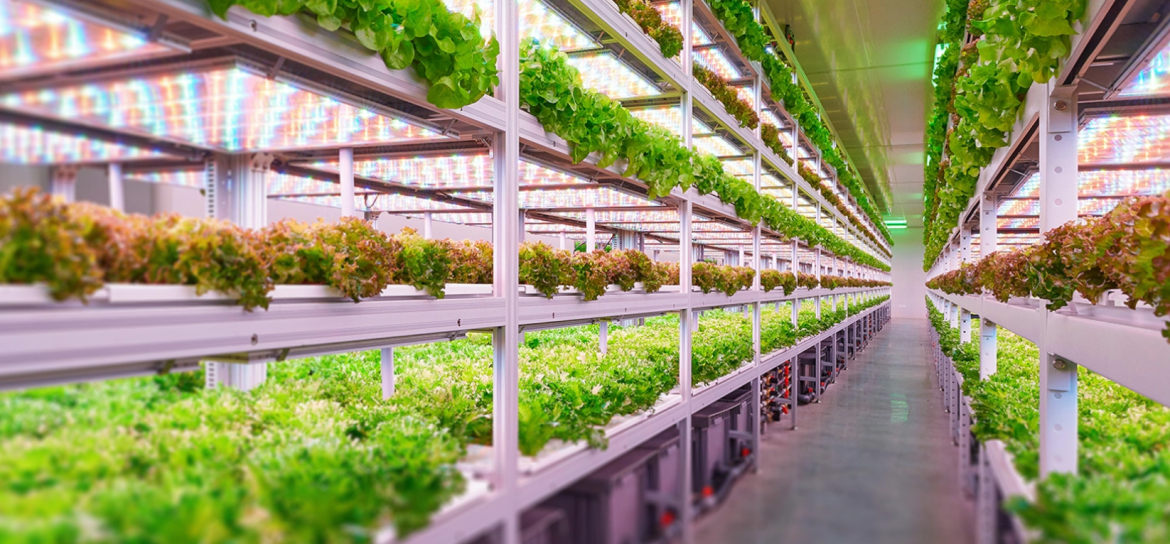As the global population grows and arable land becomes increasingly scarce, cities are turning toward more efficient food production methods. Among these methods, urban farming has gained attention for its potential to reduce food transportation, conserve resources, and provide fresh produce close to consumers. The concept extends beyond growing vegetables on rooftops—it represents a holistic system that merges technology, sustainability, and controlled-environment agriculture. Through innovations in plant lighting, nutrient management, and automation, urban agriculture is evolving into a viable component of future city planning. In many developed regions, these systems also help reduce dependency on long-distance supply chains, ensuring food freshness and stability even in times of disruption.
Redefining Sustainable Growth in Urban Environments
Sustainability in urban farming is not only about using less land or water—it’s also about creating closed-loop systems that minimize waste and maximize efficiency. Vertical farms in regions such as Europe, North America, and the Middle East are incorporating energy-efficient LED lighting, smart sensors, and AI-controlled irrigation to optimize crop performance while reducing environmental impact. This approach aligns with global initiatives promoting low-carbon food systems and circular agriculture. By adopting these systems, experienced growers can achieve consistent yields year-round, even in regions with harsh climates or limited farmland. Moreover, sustainable vertical farming supports urban resilience, reducing pressure on rural supply chains and improving food accessibility for urban residents.
Accelerated Breeding and Technological Advancements
One of the most transformative aspects of modern sustainable farming is accelerated plant breeding. Companies like 4D Bios are advancing this technology by developing intelligent plant factory solutions that enable multi-generational reproduction within a single year. This method removes the traditional limitations of geography and season, allowing researchers and growers to shorten growth cycles and cultivate high-quality varieties faster. Through precision control of light, temperature, and nutrients, these systems represent a major step toward the “Breeding 4.0” era—an era characterized by innovation, speed, and data-driven agriculture. The result is a more efficient pathway to developing resilient crops that can thrive in diverse urban conditions, meeting both environmental and market demands with greater flexibility.
Conclusion
As cities continue to expand, urban farming will play an essential role in ensuring food security and ecological balance. Governments in regions such as Singapore, the UAE, and Canada are encouraging sustainable agriculture technologies through incentives and green infrastructure initiatives. These efforts reflect a growing awareness of the importance of local, sustainable production. Within this context, 4D Bios is contributing to the global shift toward intelligent agriculture by offering comprehensive plant factory systems that combine lighting, automation, and environmental precision. Their integrated solutions support large-scale production, accelerated breeding, and resource-efficient cultivation, helping urban agriculture evolve into a sustainable, scalable model for the future. By bridging technology and ecology, they continue to inspire a smarter, greener direction for global agricultural innovation.


